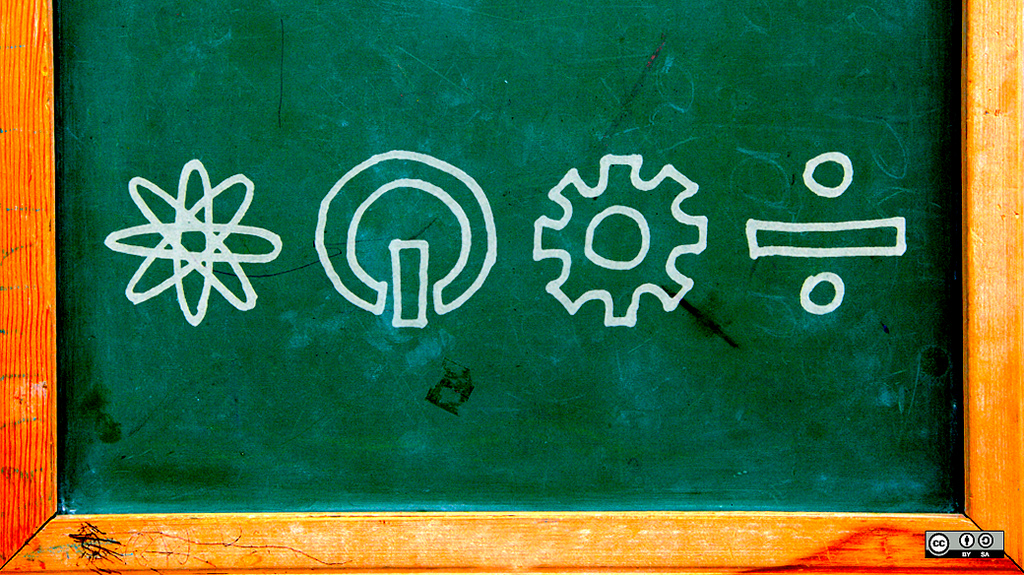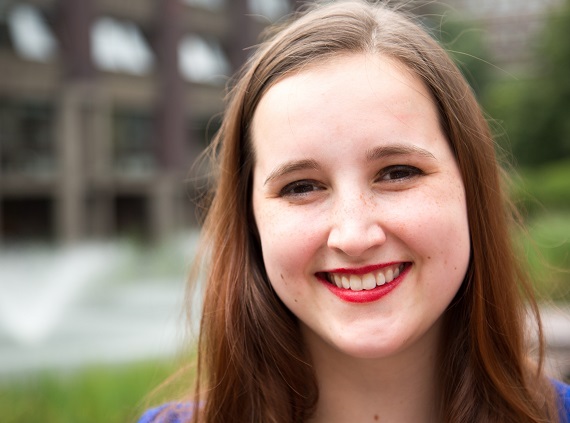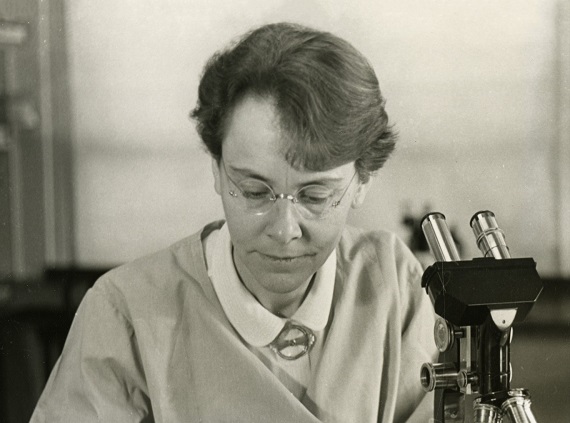Sophia Fairweather is eight years old. She’s an inventor, a startup creator, a mentor, and a proud champion of women in STEM-related fields. She’s also a big advocate of Wikipedia and getting more people to edit the free encyclopedia. Sophia recently asked on LinkedIn and tweeted about an editing initiative she was launching throughout Canada to inspire more people to edit Wikipedia pages about underrepresented scientists and engineers. We reached out to learn more about her editing project and how she is able to take on so much at such a young age.
———
Could you tell us a little more about the editing initiative that you are leading between high school and university students?
What it is: This content would have universities competing against other universities and high schools competing against other high schools. The way you would win is by having the most new Wikipedia women bios posted from your school.
Here was my first draft of the assignment that I posted when people started asking what it would look like.
1 a. Find someone you know that does not have a Wikipedia page. Ideally in STEM, ideally a minority, and ideally has done something notable like published a patent, received a PhD, made an invention, published a paper, won an award, or is an executive.
1 b. Using Wikipedia standards, write a biography on them.
1 c. Then post that biography
And here’s one teacher who took up the challenge and wrote about it.
What do you hope will happen as a result of the editing initiative you are starting?
There will be more women biographies on Wikipedia, or mentioned on Wikipedia.
How did you become interested in starting this project?
One day when I was looking on LinkedIn and I saw a post that said only 17 percent of biographies on Wikipedia are women biographies. I also saw how much work had been done by Dr Jessica Wade and and a few others.
You do a lot of work inspiring young women to enter STEM fields. How did you become interested in that and what do you do to help them?
Well at a late 4 or early 5 years old, I liked to make things, and the more you make, the more you have to learn about science, technology, engineering and math. But when I looked around, many of my other girl classmates weren’t interested in STEM so then I wanted to change that . What I did was I made products to help prove it’s possible. Which then led me building a product using each part of STEM like micro-barb engineering, chemical nanotechnology, and particle physics to make a product to help protect you from radiation. Now I’m working on a air quality system which is a lot of biology, math, and technology and I’ve even been interviewed by Microsoft about it.
What is your favorite Wikipedia article?
The one about Marie Curie. She was the one that discovered radiation, and without radiation I wouldn’t have one of my products.
Is there anything else you’d like our readers to know?
A quote that a family friend told me is “Don’t throw away the privileges you’ve been given.”
Interview by Melody Kramer, Senior Audience Development Manager, Communications
Wikimedia Foundation



